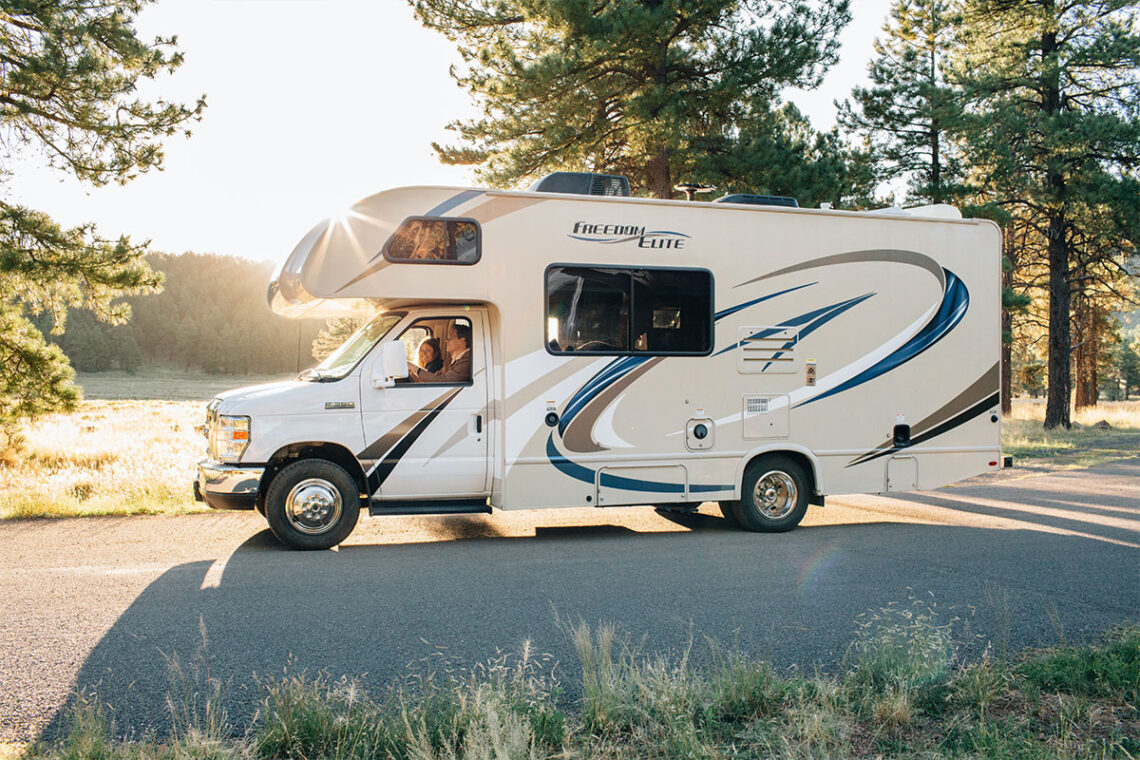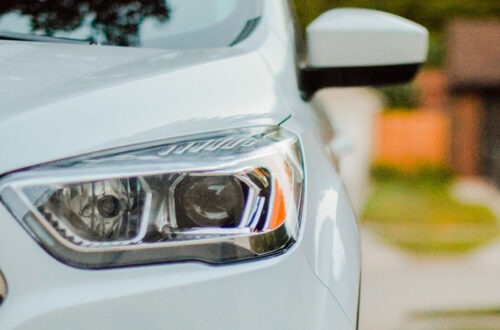
RV Insurance: Need to Know!
Protect Your Investment
An RV is a big investment that involves a certain amount of risk, and it’s important to have the proper insurance coverage in case of an accident or loss. The last thing you want is to lose your home on wheels while vacationing, and unexpectedly find out it’s not fully covered. That’s why, unlike car insurance, RV insurance combines components of both home and auto insurance to provide coverage that is uniquely designed for those who live on the road.
If you’re buying RV insurance, and you don’t know very much about it, an important thing to know is that this type of insurance is normally referred to as “specialty or specialized” policies. The reason being, specialty RV coverage offers protection that isn’t available with regular car insurance policies. An example of this is if the vehicle is totaled. A traditional auto policy would only give you what is known as “actual cash value” for your RV, which means you would receive whatever it was worth at the time it was totaled. Depending on its age and depreciation, you would probably not have enough to buy a replacement.
However, if you purchase a specialty policy, some insurers offer options that allow RV owners to insure their vehicles for the total loss replacement value. In other words, should your RV be totaled, you’d receive enough cash to buy a new RV of the same make and model. Furthermore, you may be reimbursed for emergency expenses if your RV is in the shop for repairs or uninhabitable. Lodging, meals, and transportation would also be covered if you were stranded. Keep in mind that emergency expense coverage varies, and you should check with your insurer to get all the details of your policy. Don’t assume. If you don’t know, ask.
Owning and operating an RV isn’t cheap, so when it comes to saving money, you may want to ask your insurance company if your RV policy includes what‘s known as “diminishing deductibles”. This is basically coverage that reduces your financial burden over the life of your vehicle.
Here’s how it works:
After each claim-free year, the deductibles for the comprehensive and collision parts of the coverage are reduced by a set percentage of the original deductibles until they reach zero. To simplify things, let’s say both the collision and comprehensive have $1,000 deductibles. If the deductibles are reduced by 25 percent ($250) each year you don’t file a claim, at the end of four years your initial deductible would be down to zero. If the option is offered to you by your insurance agent, take it. It’s well worth it.
Remember, RV insurance isn’t traditional insurance or high risk auto insurance…it’s “specialized” insurance. Make sure you have it before you hit the road this summer.
Anytime you head out on vacation, it’s always a good idea to check you’re getting the best rate on your car insurance. Why not get a free RV insurance quote today?

You May Also Like

Auto Insurance: Need to Know!
June 12, 2016
Motorcycle Insurance: Need To Know!
July 28, 2016

